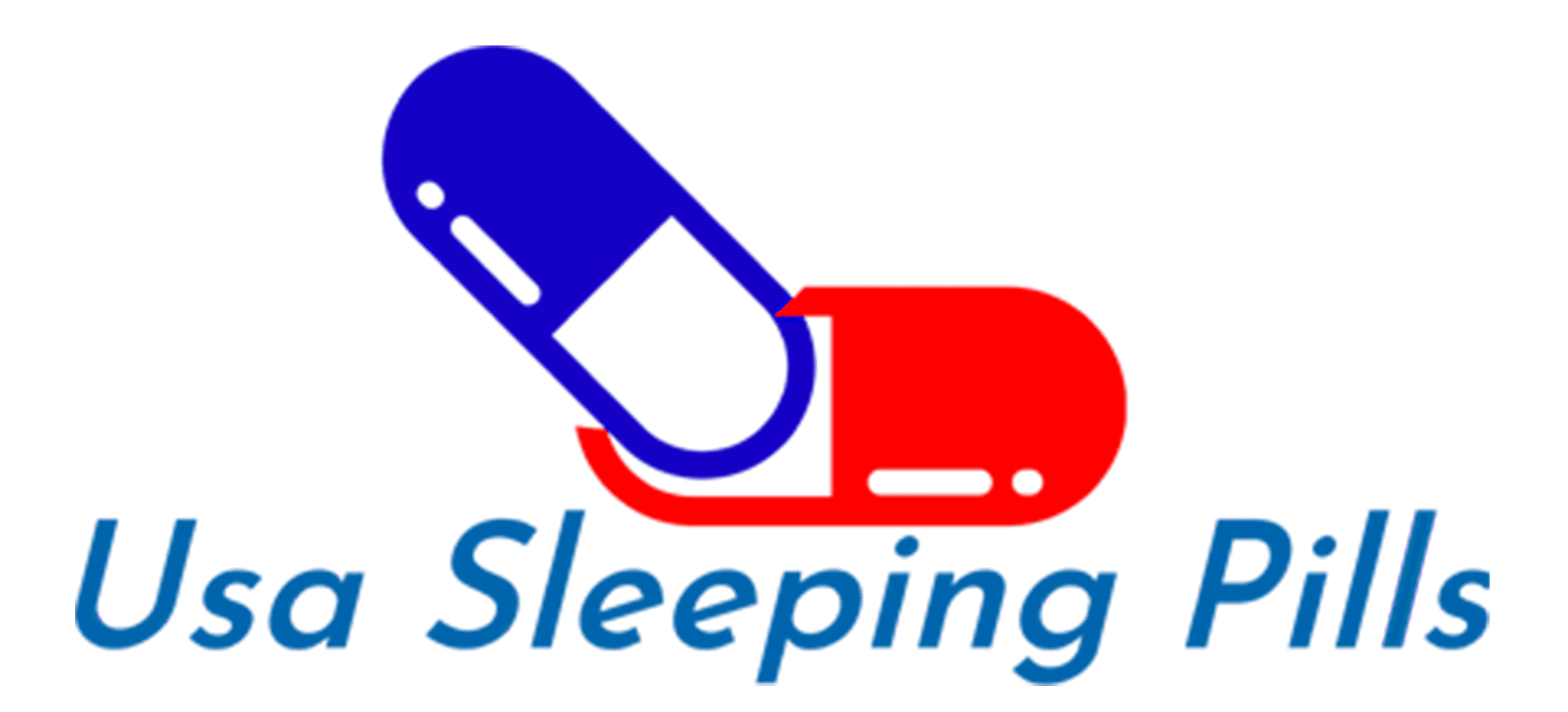What You Should Know About Sleeping Pill Side Effects
What is Anxiety and Depression?
February 19, 2021
Insomnia And its Treatment
February 19, 2021From drowsiness to nausea and forgetfulness, we asked an expert to weigh in on risks and long-term safety guidance.
Sleep medications can be a godsend if you’re spending your nights staring at the ceiling instead of at the inside of your eyelids. But, as with all medications, sleep aids aren’t without potential side effects. Side effects vary depending on the type of sleep aid you’re taking and also vary from person to person.
Furthermore, there’s no way to predict if you will experience side effects at all, or, if you do, how much of a dealbreaker they’ll be. “It also depends on how long you have been using them,” says Shuhan He, MD, an emergency medicine physician at Massachusetts General Hospital in Boston. “Drowsiness is a very common side effect and can happen with just one tab if someone has never taken a medication before,” Dr. He says. Once you are habituated, side effects may lessen or resolve. “Addiction is not a risk until you increase the dose or take the medication over the long-term.”
Most drugs list nausea and headache as possible side effects. Here, according to the category, are those that are specific to sleep medications.
Over-the-counter (OTC) medications
OTC medications marketed as sleep aids contain antihistamines; they’re intended to treat allergies, but also happen to have a sedating effect. Brand names containing diphenhydramine include Nytol, Sominex, and Sleepinal. Doxylamine is found in Unisom and Nighttime Sleep Aid. Some formulas, such as Tylenol PM and Advil PM, combine antihistamines with pain relievers; others, such as NyQuil, combine antihistamines with alcohol.
The most common side effect of OTC sleep medications is grogginess that can be hard to shake the next day. Some people may have a “paradoxical reaction” to antihistamines, meaning that instead of feeling sleepy after taking them, they feel wired and unable to sleep. (Needless to say, if you have such a reaction, these OTC aids are not for you.)
Prescription drugs
Benzodiazepines: The main purpose of benzodiazepines is to relieve anxiety. Examples include Xanax (alprazolam), Ativan (lorazepam), and Klonopin (clonazepam). These drugs depress the central nervous system and can be long-acting, causing drowsiness the next day. They also have a higher potential for addiction than other sleep aids.
Non-benzodiazepine hypnotics
This class includes selective GABA medications, which are designed specifically to treat insomnia. Examples of non-benzodiazepine sleep drugs are Ambien (zolpidem), Lunesta (eszopiclone), and Sonata (zaleplon). These medications can cause sleepwalking, and there have even been accounts of people driving, having sex, and eating while in a sleepwalking state. For this reason, in 2019 the FDA started requiring that these medications come with a warning about these potentially dangerous side effects.
Newer alternatives
Newer prescription medications work by a different mechanism than the non-benzodiazepine hypnotics, and have milder side effects, such as dizziness, drowsiness, and worsening sleep problems. These include Rozerem (ramelteon), known as sleep-wake cycle modifiers, and Belsomra (suvorexant).
The key to finding a sleep medication that works for you without problematic side effects is to consult with your doctor before starting one. “Physicians always try to start with medications that have the lowest risk profile,” says Dr. He. “No drug is perfect, but sleep is an incredibly important part of living a healthy life.”




